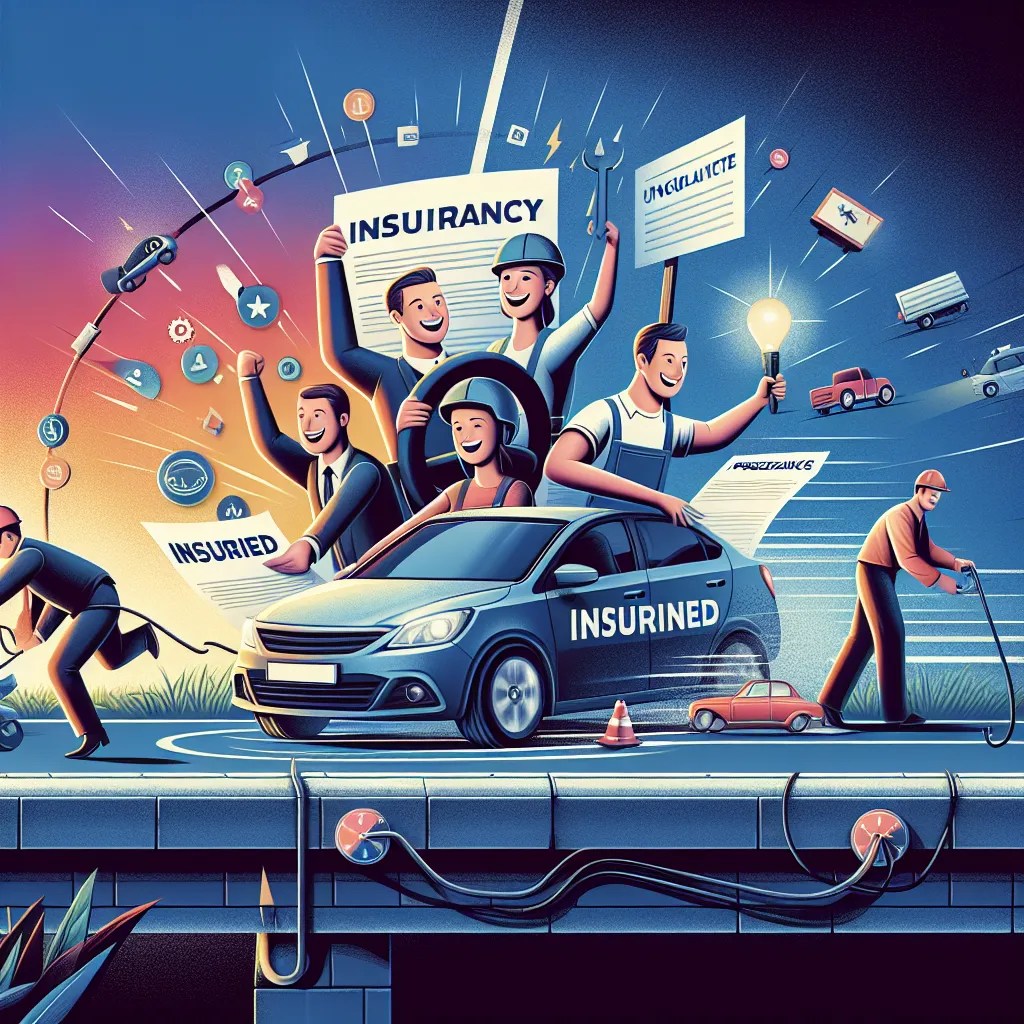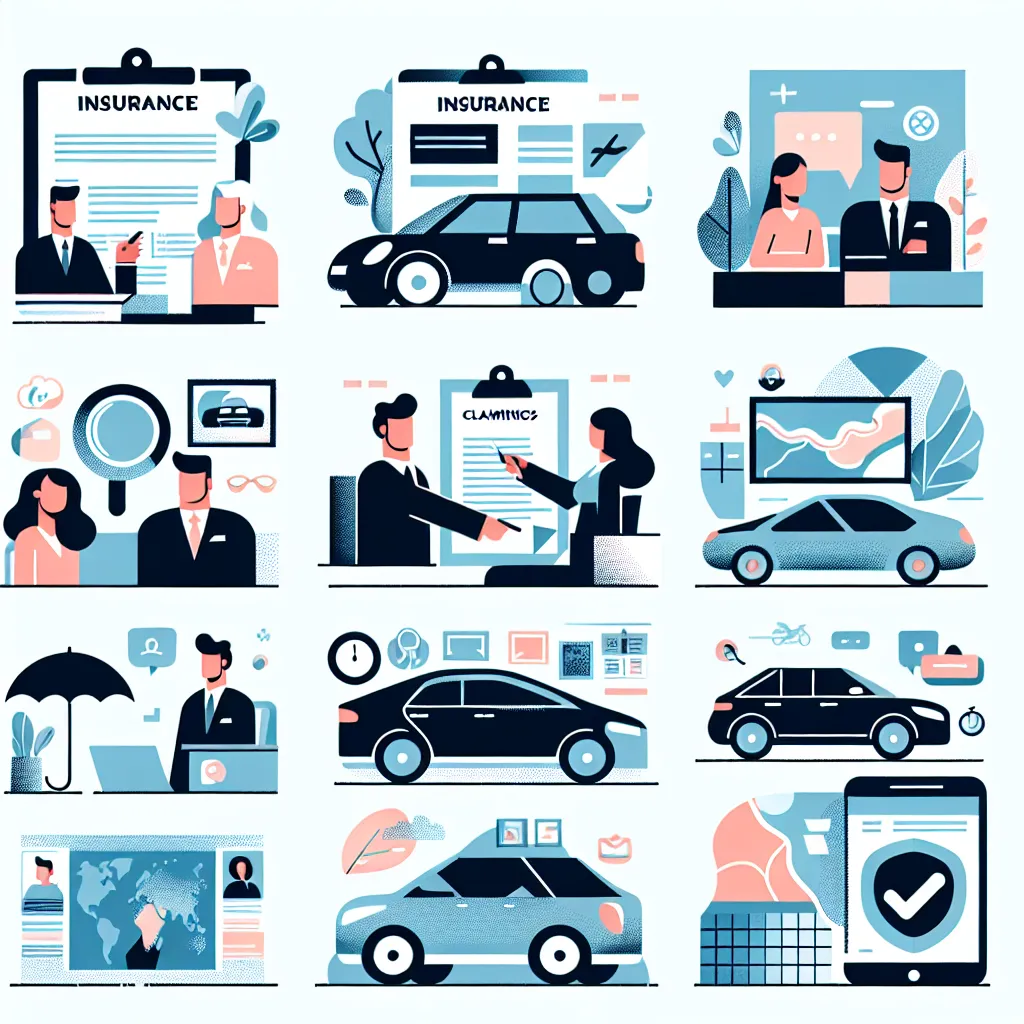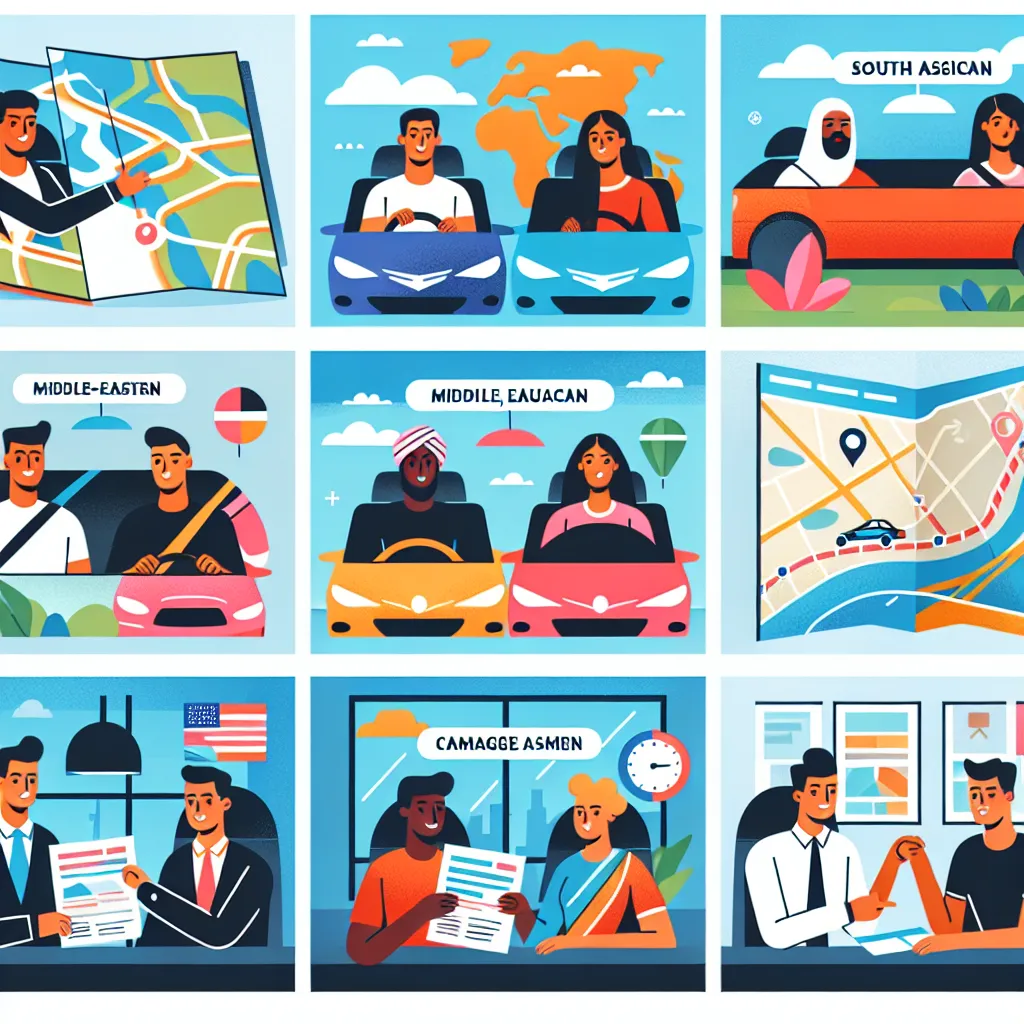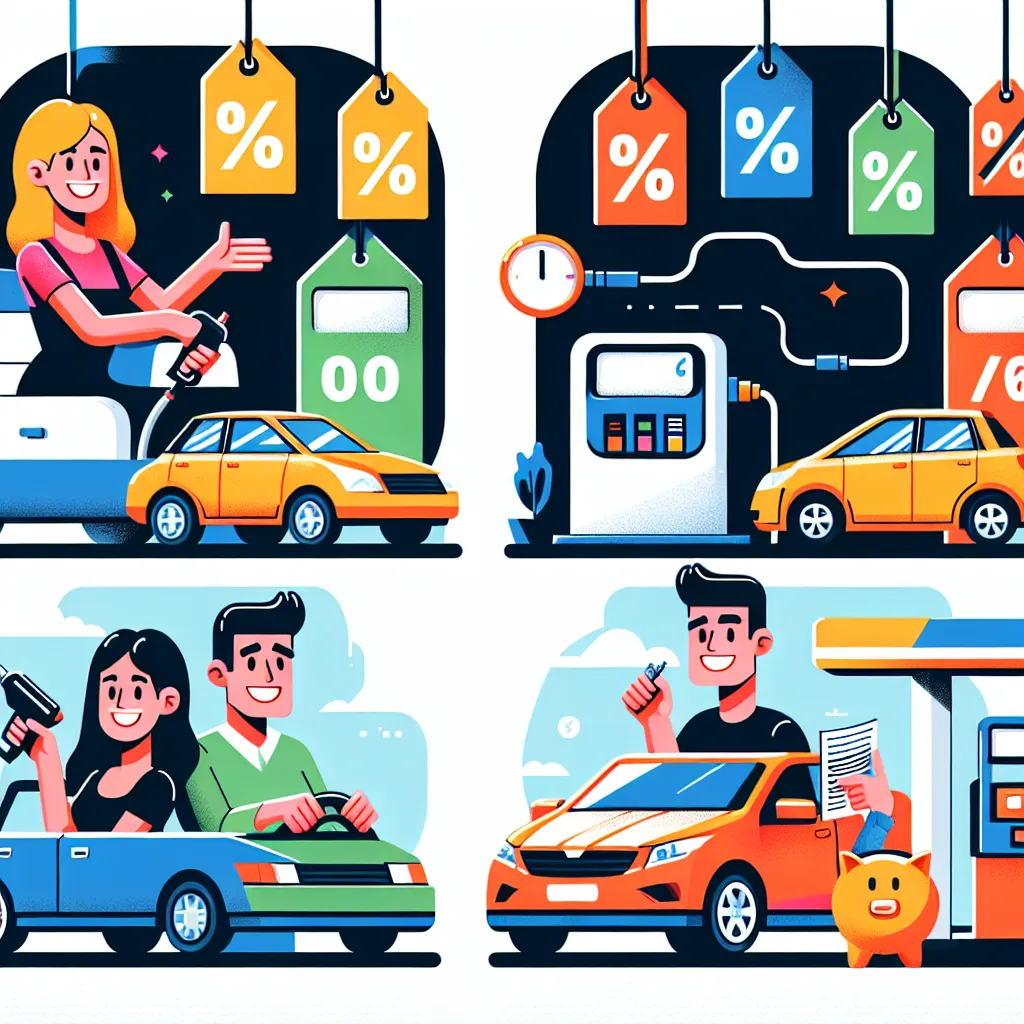Our news
Our goal is to make insurance simple, so you can protect yourself and your vehicle with confidence.
-

¿Cuáles son las mejores compañías de seguros de vehículos para ti?
Descubre las mejores compañías de seguros de vehículos y cómo elegir la opción perfecta para proteger tu auto con confianza en 2025.
-

Las mejores compañías de seguros de coche para ti
Descubre las compañías de seguros de coche mejor valoradas y cómo elegir la mejor opción para proteger tu vehículo con confianza.
-

¿Cuál es la mejor compañía de seguros de automóviles y por qué importa?
Descubre cómo elegir la mejor compañía de seguros de automóviles, con consejos, comparativas y claves para proteger tu auto y tu tranquilidad.
-

¿Cómo elegir las mejores buenas compañías de seguros de coche?
Descubre las ventajas y criterios para escoger las mejores buenas compañías de seguros de coche y proteger tu vehículo de forma confiable.
-

Las mejores aseguradoras para proteger tu auto
Descubre las mejores compañías de seguros de automóviles y cómo escoger la opción ideal para tu vehículo y tranquilidad en cada viaje.
-

Consejos para obtener un seguro de coche económico y protector
Descubre cómo conseguir un seguro de coche asequible que te brinde protección, ahorro y tranquilidad. ¡Aprende a elegir la mejor opción ahora!
-

Cómo entender y aprovechar tu presupuesto de seguro de coche y hogar
Descubre todo sobre el presupuesto de seguro de coche y hogar, cómo calcularlo, factores que influyen y cómo elegir la mejor opción para ti.
-

Claves para un presupuesto de seguro de coche y hogar efectivo
Aprende a crear un presupuesto de seguro de coche y hogar, compara coberturas y ahorra en tus pólizas con estos consejos prácticos.
-

Cómo entender y aprovechar los presupuestos de seguros de coche y hogar
Descubre todo sobre los presupuestos de seguros de coche y hogar, aprende a compararlos y ahorra en tus pólizas con esta guía práctica.
-

Cómo aprovechar al máximo tus presupuestos de seguros de hogar y coche
Aprende a comparar y evaluar presupuestos de seguros de hogar y coche para proteger tu patrimonio y ahorrar dinero eficientemente.
